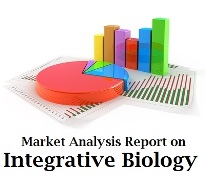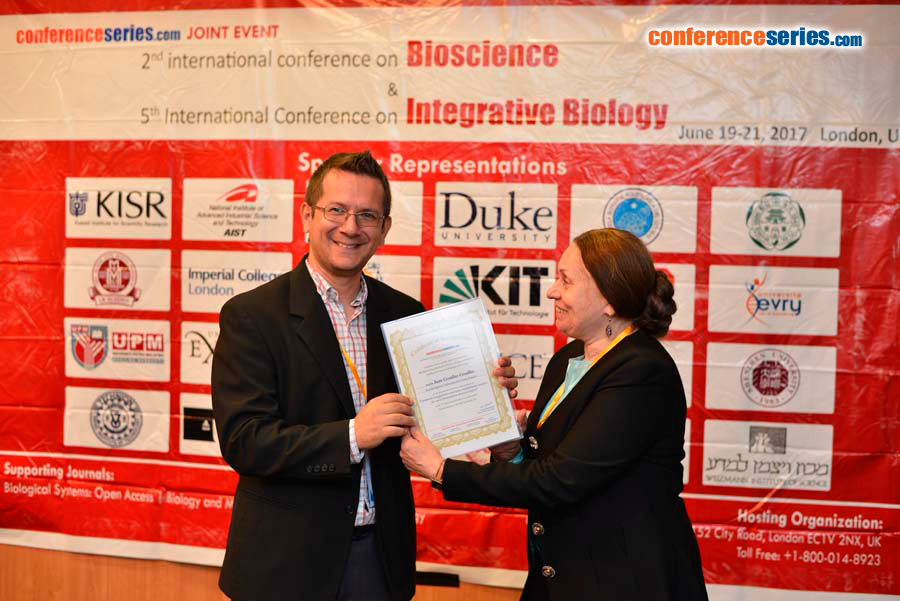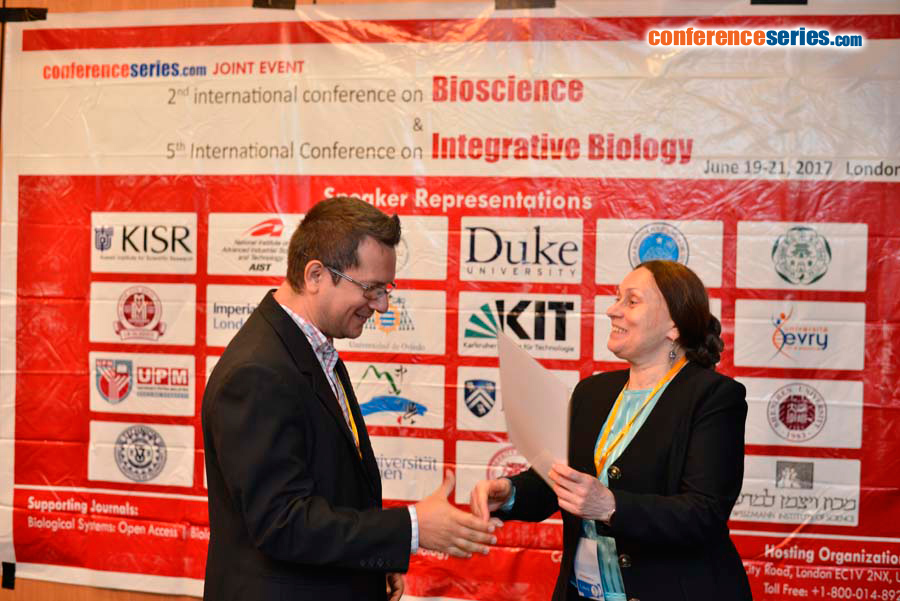Juan Cevallos-Cevallos
Centro de Investigaciones Biotecnologicas del Ecuador, Ecuador
Title: Combined metagenomics and meta-metabolomics analyses for cacao fermentation characterization
Biography
Biography: Juan Cevallos-Cevallos
Abstract
Cacao is the raw material of chocolate—one of the most consumed food worldwide and the spontaneous fermentation of cacao is a critical step in the making of chocolate. Despite the importance of cacao fermentation, no combined metagenomic and meta-metabolomics characterization of this process can be found in the literature. Cacao samples form three farms in Ecuador—the top fine-flavor cacao producer in the world—was taken after 0, 24, 48, 72, and 120 hours of fermentation. Culture-dependent microbial characterization, amplicon-based illumina sequencing, and GC-MS metabolite profiling were carried out on each sample. Productions of aroma compounds were then related to specific microorganisms through inoculation into sterile cacao beans. A total of 586 different microbial species were detected by NGS but only 42 were isolated. Correlation with metabolomics data showed that important aroma compounds were produced at each sampling time including ethanol by yeasts, 2, 3 butanediol by Lactobacillus nagelii; benzeneethanol by Saccharomyces cerevisiae, Acetobacter pasteurianus, Acetobacter ghanensis, and Lactobacillus nagelii; acetic acid by Acetobacter pasteurianus and Acetobacter ghanensis; benzaldehyde and phenylvinylacetylene by Bacillus subtilis. Interestingly, various microorganisms were related to the comsumption of important volatile compounds including benzaldehyde, acetophenone, and acetaldehyde by Lactobacillus nagelii, Acetobacter syzygii, and Acetobacter pasteurianus among others. The amount of each aroma compound was enhanced five folds or more by direct inoculation of the fermenting beans. Results show evidence of the importance of combined metagenomics and meta-metabolomics for characterizing the spontaneous fermentation of foods.



